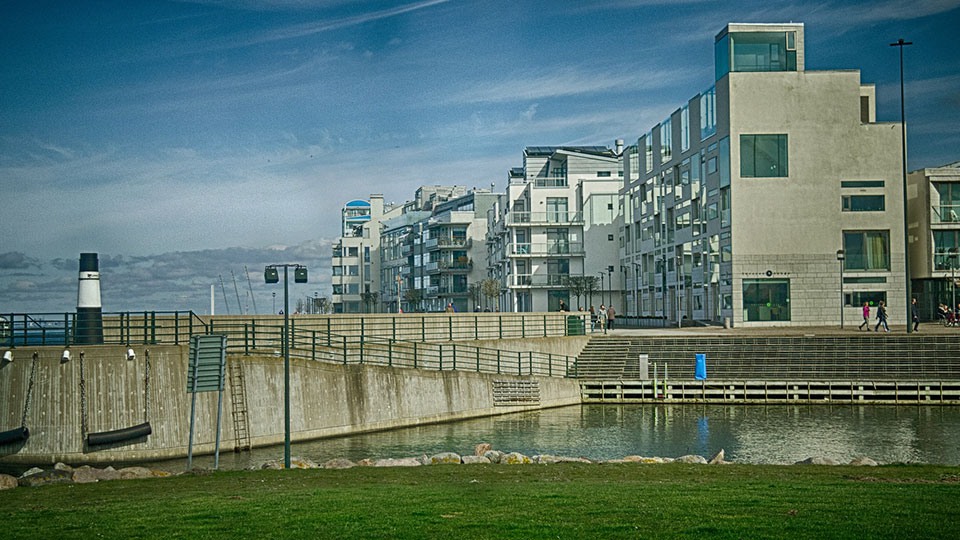
Climate policies for urban households
One of the challenges of increased urbanization over coming decades is the construction of new buildings and renovation of existing buildings while meeting environmental and economic targets for energy efficiency, reduction of CO2 emissions, the use of renewables, and improved welfare.
This challenge is affected by trends towards smaller and more energy intensive households. Urbanization however also represents an opportunity for developed regions to be pioneering and thus influence the form of global urbanization and its governance. Reducing energy demand and CO2 emissions associated with households energy use is an important policy objective for the European Union (EU). This has been manifested in numerous EU directives and efforts that have to date focused on efficiency, renewables and CO2 mitigation. An analysis of the impacts of these and national policies can highlight which have been most successful.
This project aims to do this using a multidisciplinary approach that can propose policy actions – that could contribute towards sustainable urbanization.
The research team is multidisciplinary with established technical, behavioral and economic knowledge as well as modelling tools from all disciplines. The cross-country comparative analysis of drivers and effects – in particular that of the carbon tax – is one of the innovative aspects of this project. Another innovative aspect is the combination of empirical modelling of policy assessments, survey responses and bottom-up modelling in the same project. In particular the surveys of Swedish urban households will help to allay potential barriers to the transition towards a sustainable urban environment.
Project facts
- Climate policies for urban households
- Budget: 7 920 604 SEK
- Partners: Göteborgs Universitet, SMASH
- Period: 2017 - 2021
Contact
Want to know more about IVL's services and offers? Enter your email address and choose which area you want to know more about, and we will get back to you.
